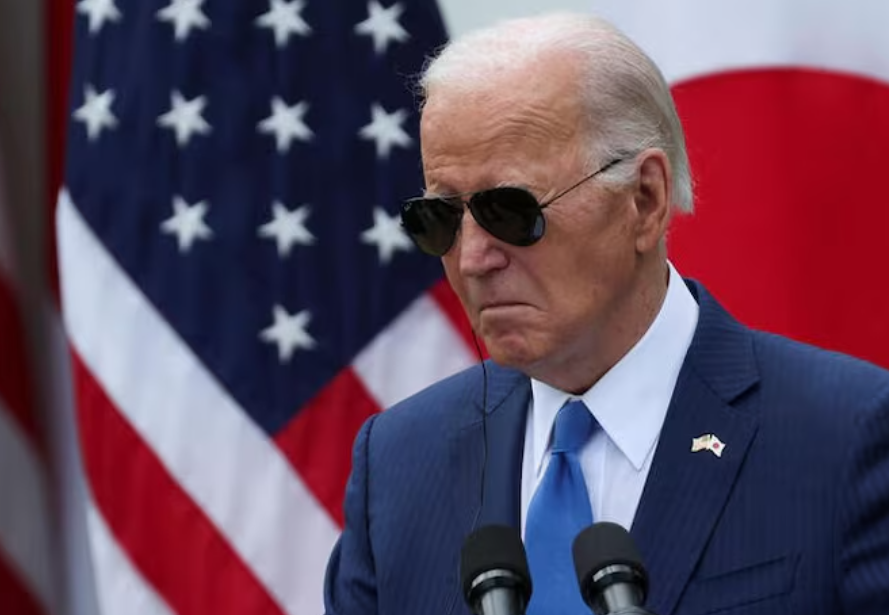President Joe Biden directly opposed a bipartisan bill on Tuesday that proposes adding 66 new judges to federal courts across the country. He emphasized that the Republican-led U.S. House of Representatives delayed addressing the measure until after the Nov. 5 election, which Republican President-elect Donald Trump won. Biden’s administration firmly stated his intention to veto the bill if it passes.
White House Criticizes Republican Intentions
The White House condemned the timing of the House’s consideration of the JUDGES Act, a bill that represents the first significant expansion of the federal judiciary since 1990. Although the Democratic-led Senate approved the legislation in August, the House delayed its vote until after the election. Biden’s administration accused Republican senators of blocking existing judicial vacancies during his presidency while now pushing for additional judges.
The administration highlighted that the bill’s provisions benefit states like California, Florida, and Texas, which face significant caseloads. However, it questioned whether judicial economy or political motivations drove this sudden legislative action.
Challenges to Overriding Biden’s Veto
To override Biden’s veto, both the Senate and House must secure a two-thirds majority. Achieving this outcome remains unlikely in the current political climate. Despite this, Republican Senator Todd Young of Indiana, who sponsored the bill, urged Biden to reconsider. Young insisted that the legislation could resolve judicial delays, which leave Americans waiting years for justice.
If passed, the JUDGES Act would gradually increase the number of trial court judges in 25 federal courthouses across 13 states, stretching implementation through 2035. Sponsors of the bill intentionally staggered these appointments across three presidential administrations to address concerns about partisan advantage.
Concerns Over Justice Delays
Many judges and legal experts underscored the urgent need for the bill. Over 300 judges recently signed a letter urging the House to pass the legislation, citing a 30% increase in case filings since 1990. U.S. District Judge Robert Conrad, representing the Administrative Office of the U.S. Courts, called the bill essential for addressing backlogged cases.
“Any delay in enacting this needed legislation represents a denial of justice,” Conrad stated. His district, along with others like the Southern District of Texas, desperately needs additional judgeships to manage ballooning workloads.
Political Disputes Surrounding the Bill
However, the timing of the vote created political friction. Key House Democrats withdrew their support, accusing Republicans of breaking promises to pass the legislation before the election. Representative Jerrold Nadler criticized the move, warning that it could expand presidential power by allowing Trump to appoint 25 new judges during his term.
Trump, during his first term, appointed 234 federal judges. Biden has nearly matched that total with 232 appointments, including two confirmed just this week. Critics argue that giving Trump further judicial influence would tilt the balance of the courts significantly.
Despite bipartisan support for addressing judicial inefficiencies, Biden’s veto threat and the surrounding political disputes leave the bill’s future uncertain. The judiciary, facing mounting caseloads, waits for Congress to take definitive action.

